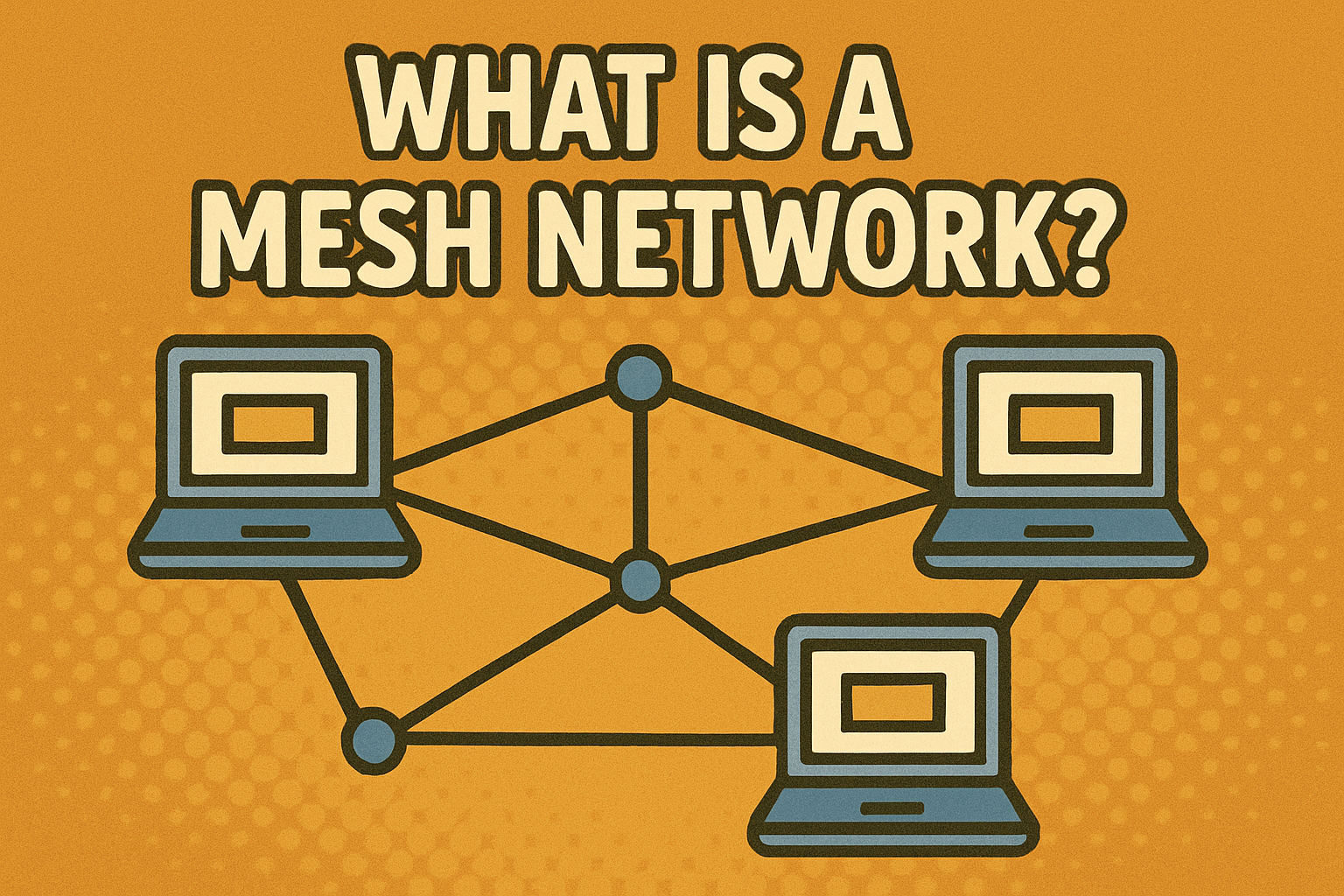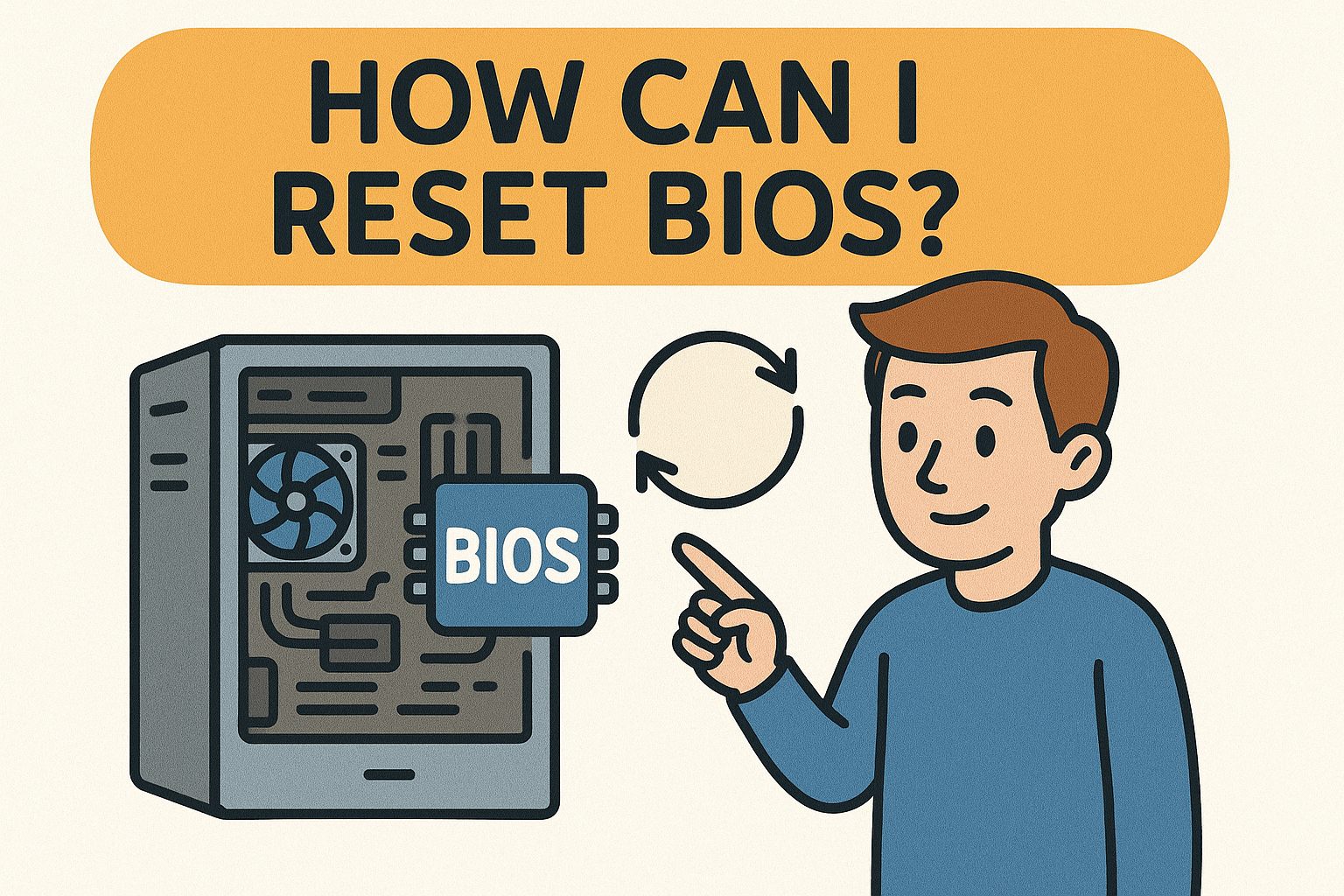What Is a Mesh Network? The Future of Seamless Connectivity
Updated on July 16, 2025, by Xcitium

Have you ever experienced WiFi dead zones in your office or home? Then you’ve likely wondered what is a mesh network, and how it can help. For cybersecurity leaders, IT managers, and tech-savvy executives, ensuring reliable and secure connectivity is mission-critical.
This guide explains mesh network WiFi, the technology behind it, and how it differs from traditional systems. You’ll also learn about mesh network advantages and disadvantages, setup tips, and the best mesh network options available today.
What Is a Mesh Network?
A mesh network is a system where multiple nodes (or devices) work together to provide continuous wireless coverage over a large area. Unlike traditional routers, which rely on a single point of connection, a mesh network uses several access points to distribute the signal evenly.
How Mesh Networks Work:
- Each node connects with others to create a dynamic, self-healing network
- Data can travel through multiple paths to reach its destination
- Ideal for complex layouts, multi-story buildings, or enterprise environments
Mesh networks are especially beneficial in large spaces or areas with signal obstructions.
Mesh Network vs Extender: What’s the Difference?
A common question among users is how mesh networks differ from WiFi extenders.
Mesh Network:
- Unified network name (SSID)
- Seamless roaming between nodes
- Smart routing of data
Extender:
- Creates separate SSID
- Manual switch needed between networks
- Performance degrades with distance
Mesh network vs extender? Mesh wins for stability, ease of use, and scalability.
Mesh Network Advantages and Disadvantages
Advantages of Mesh Topology:
- Scalable Coverage: Add more nodes to expand range
- Seamless Connectivity: No need to manually switch networks
- Self-Healing: If one node fails, data reroutes automatically
- Optimized Speed: Intelligent path selection improves performance
Disadvantages:
- Cost: Typically more expensive than standard routers
- Setup Complexity: Advanced features may require technical knowledge
- Device Compatibility: Some older devices may not perform well
The advantages of mesh topology far outweigh the drawbacks for modern enterprises and connected homes.
Best Mesh WiFi System Options
When choosing the best mesh WiFi system, consider speed, security features, compatibility, and budget.
Top Picks:
1. Netgear Orbi
- Tri-band performance
- Covers up to 6,000 sq ft
- Ideal for large homes or office floors
2. Google Nest WiFi
- Sleek design
- Built-in Google Assistant
- Easy app-based setup
3. Eero Pro 6
- Supports WiFi 6
- Strong performance in multi-device environments
- Works with Alexa
4. TP-Link Deco X68
- Affordable WiFi 6 option
- Includes antivirus and parental controls
Each mesh network router listed is known for reliability and ease of management.
Use Cases for Mesh Networks in Industry
Business & Enterprise:
- Office buildings, warehouses, and multi-floor headquarters
- Better management of BYOD (Bring Your Own Device) policies
Healthcare:
- Ensures stable, secure connections for EMR systems
- Enables telemedicine and mobile diagnostics
Education:
- Seamless WiFi across classrooms, labs, and dorms
Smart Homes:
- Enhances performance of IoT devices and smart assistants
The best mesh network isn’t just fast—it must also be secure and scalable for mission-critical applications.
Mesh Network and Cybersecurity Considerations
While mesh networks improve coverage, they must also be secured.
Tips for a Secure Mesh Network:
- Change default admin credentials
- Use WPA3 encryption when available
- Keep firmware updated
- Disable remote management unless necessary
- Monitor connected devices regularly
A secure mesh network WiFi protects your data, users, and organization.
FAQs
1. What is a mesh network and how does it work?
A mesh network is a group of devices (nodes) that connect wirelessly to provide consistent coverage. They work together to route data dynamically and efficiently.
2. What are the advantages of mesh topology?
Scalability, seamless connectivity, and self-healing capabilities that ensure higher reliability compared to traditional networks.
3. Is a mesh network better than an extender?
Yes. Mesh networks offer unified access points and smart routing, while extenders often result in signal drop and user frustration.
4. What is the best mesh WiFi system?
Popular options include Netgear Orbi, Google Nest WiFi, Eero Pro 6, and TP-Link Deco. The best choice depends on your space and needs.
5. Are mesh networks secure?
Yes, especially when secured with strong passwords, encryption, and updated firmware.
Final Thoughts & CTA
Now that you understand what is a mesh network, it’s clear why they’re becoming the preferred choice for robust, enterprise-ready connectivity. From cybersecurity concerns to user experience, mesh networks check all the right boxes.
👉 Request a Demo with Xcitium Today
Discover how Xcitium’s security solutions integrate seamlessly with modern network architectures.













